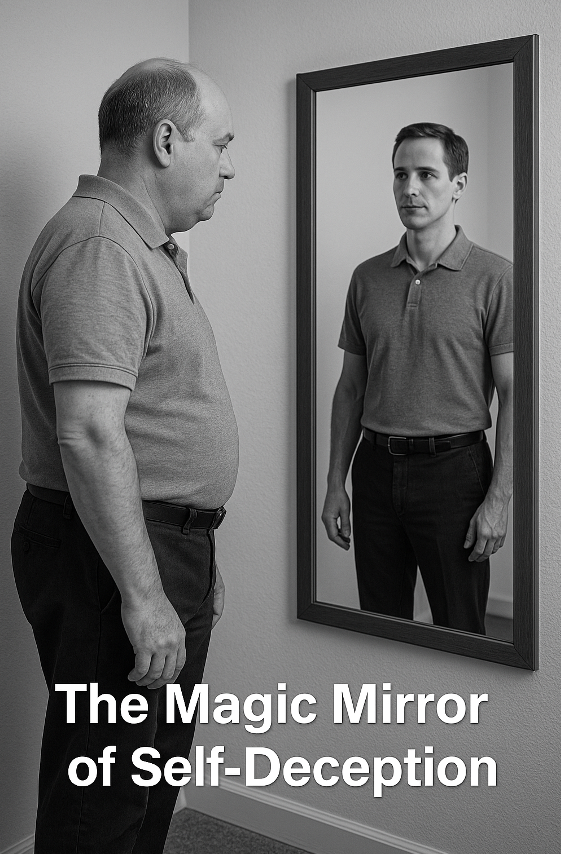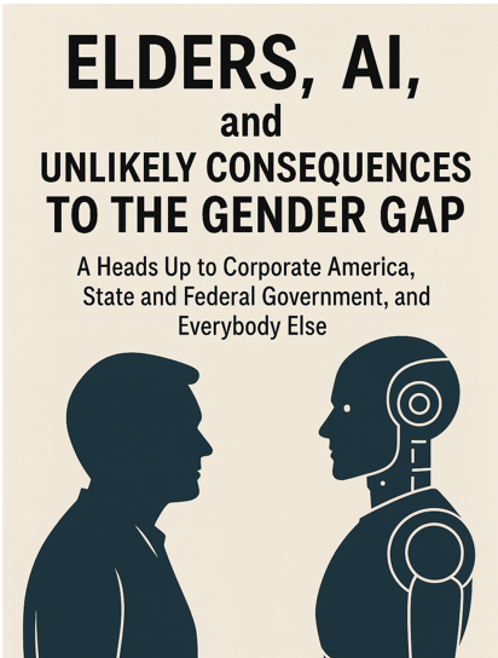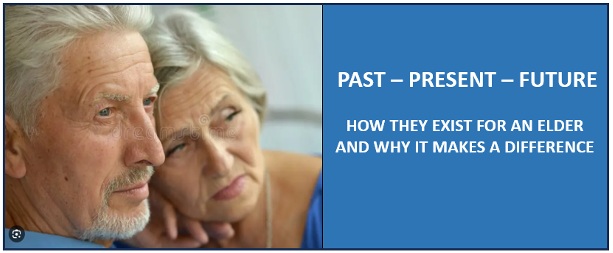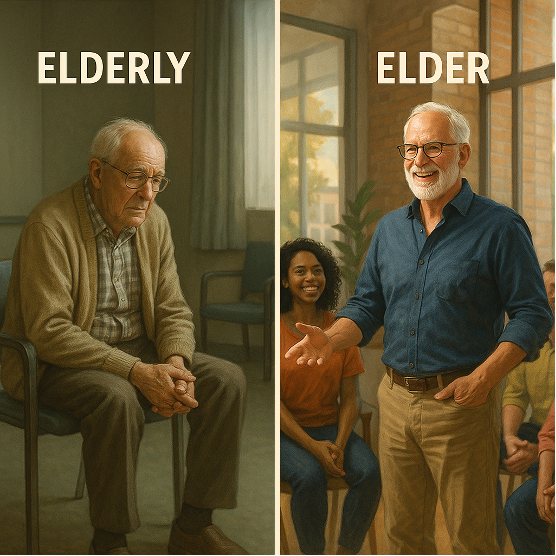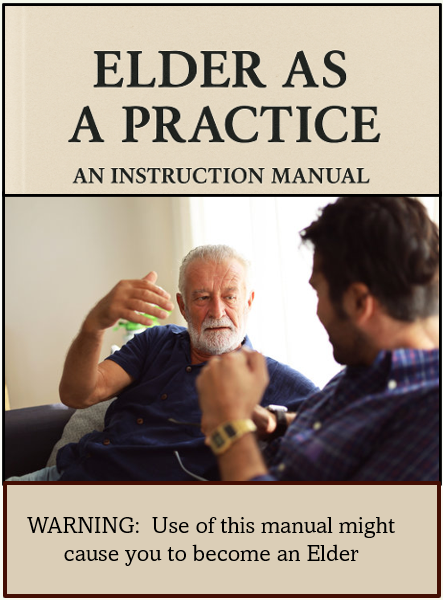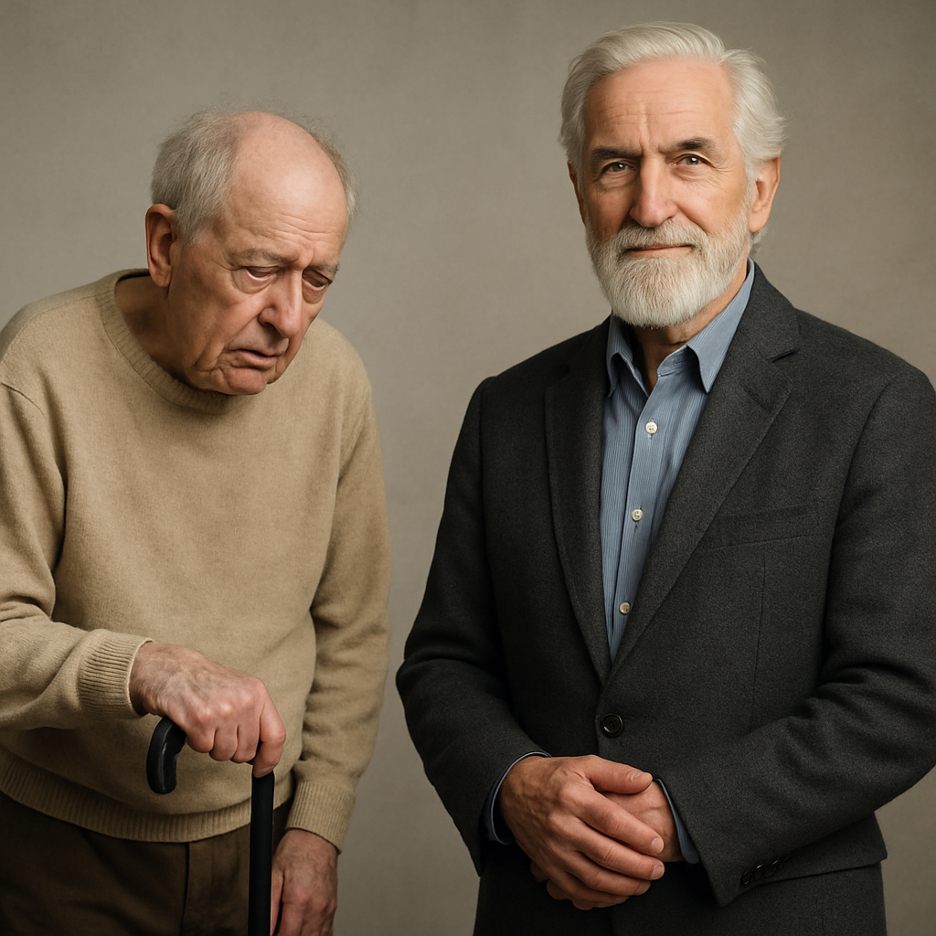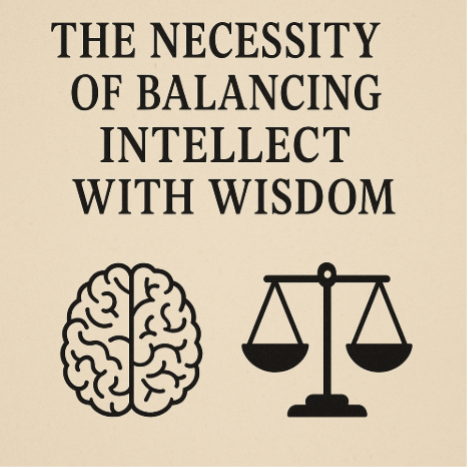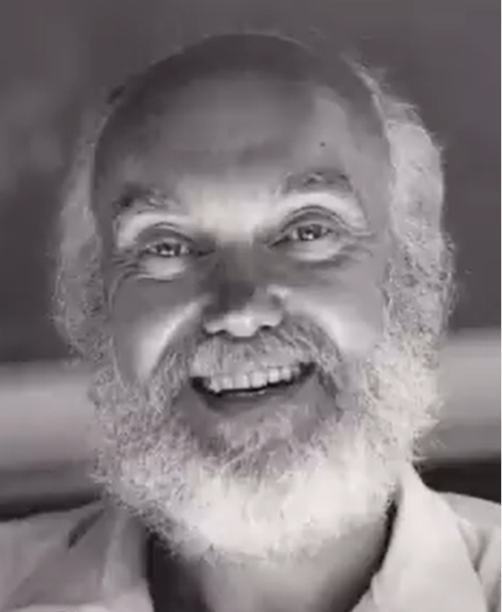THE UNCONVENTIONAL FUTURE OF POSSIBILITY OF CONTEMPORARY ELDERS
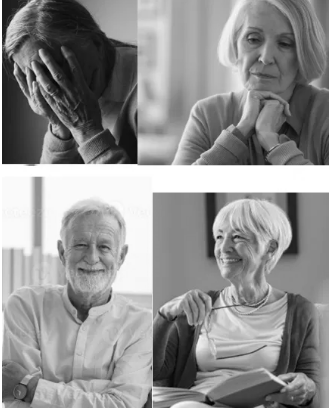
THE UNCONVENTIONAL FUTURE OF POSSIBILITY OF CONTEMPORARY ELDERS
Elder is well-defined in traditional cultures. In these cultures, little changes. In traditional cultures, the future is essentially the same as the past. The elder's mission is to maintain the culture's continuity, stability, and solidity.
The main components in traditional cultures are elders providing support, community involvement, teaching and passing down knowledge, respect, shared experiences, and wisdom.
In traditional cultures, elders are held in positions of high esteem, honor, and respect. They are venerated and held as precious resources to be cared for and treasured.
But you and I live in a nontraditional culture. A culture where everything changes. A culture where scientific materialism is revered. A culture where staying young is a devotional practice: a wonderful culture to visit but a terrible one in which to grow old.
Age is treated much differently in a traditional culture than in a nontraditional culture. In a traditional culture, growing old is considered a rite of passage—a time of reflection, spiritual enhancement, contribution, and sharing of understanding and experience.
In a nontraditional culture, growing old is considered a curse—a time of worthlessness, alienation, estrangement, and uselessness. The institutional perspectives of aging between traditional and nontraditional cultures are starkly evident.
In our nontraditional culture, the institutional perspective is that aging is a problem. Healthcare professionals, gerontologists, and other geriatric therapists see their jobs as dealing with the aging problems – reinforcing aging as a problem. Furthermore, the older population uses a massive percentage of the healthcare dollar, making less money available for younger generations prompting the name “greedy geezers.”
Our financial system also sees aging as a problem. As a result, many entitlement programs are geared toward the late aged – Medicare, Medicaid, Social Security, and Welfare, which comprise more than half of the Federal budget.
Entitlement programs are financed from Federal trust funds or paid out of the general tax revenues. If older people were highly regarded, contributing to their welfare would not be considered a financial liability.
Our society has a way of concentrating thought, which shapes the current culture of late aging. Everyone contributes to this cultural view, even people of late age. All are enculturated into this cultural reality - seeing aging as a problem, a loss, and a disaster. This cultural reality puts tremendous pressure to extend youthfulness for as long as possible, for fear of becoming obsolete or invisible.
For those entering late age, at some point in their adult lives, they begin to encounter a dissonance between whom they feel they are on the inside and what they or the world sees on the outside. This is when the future dictated by the culture forcefully shoves them down the channel of a projected future, a future that bears the label of aging as a problem.
CONTEMPORARY ELDER EXTRICATE
Aging is unavoidable. Our bodies begin their wear-and-tear process from the moment we are born. But mainstream western culture, our nontraditional culture, teaches that when we recognize the physical signs of aging, it is time to be troubled.
Rather than acknowledging the future opportunities for growth that might come with getting older, the nontraditional culture encourages us to try to prolong seasons of life that are naturally running their course.
Instead of acknowledging our bodies for getting us this far and noticing and celebrating the advantages of aging, we wage war on our bodies, fighting against ourselves in physically and psychically draining ways.
Contemporary elders extricate themselves from this unwinnable war. Extricate means to remove, release, or free oneself from a complex condition or situation. This is the primary work of contemporary elders – to extricate themselves from the culture’s compelling and suppressive view of aging.
The way the nontraditional culture currently defines aging, there is no choice other than decline, decrepitude, and loss. The purpose of our Contemporary Elder retreats, followed by group support structures, is to prevent members from getting sucked into what the culture determines about aging. Instead, the work of the Contemporary Elder Institute creates and stabilizes a new possibility for aging.
When possibility is absent, resignation takes its place. Resignation is a gloomy feeling of accepting something you do not like because you cannot easily change it.
Symptoms of Resignation
Loss of interest in life.
Self-ostracization.
Everything looks familiar and unexciting.
Decline in productivity.
Loss of motivation.
Loss of self-worth.
Decline in creativity and innovativeness.
Depression. Despair. Sadness.
Procrastination
.
Delay in undertaking new activities.
Lack of concentration.
The various practices and disciplines that contemporary elders engage enable them to generate new possibilities for aging. Possibilities that displace resignation and give their lives a very different future than the avoidance future defined by our nontraditional culture. Contemporary elders create a future that is possible.
WITNESS A SANGHA INTERACTION
After the retreat, the group forms a Sangha and has two monthly calls—one for the first week of the month for members only. The second call, at no cost, is open to interested parties who want a direct experience of the Sangha.
If you are interested in coming to our March 15th call at 4:00 pm Pacific Time, please register at https://form.jotform.com/230334570253044
